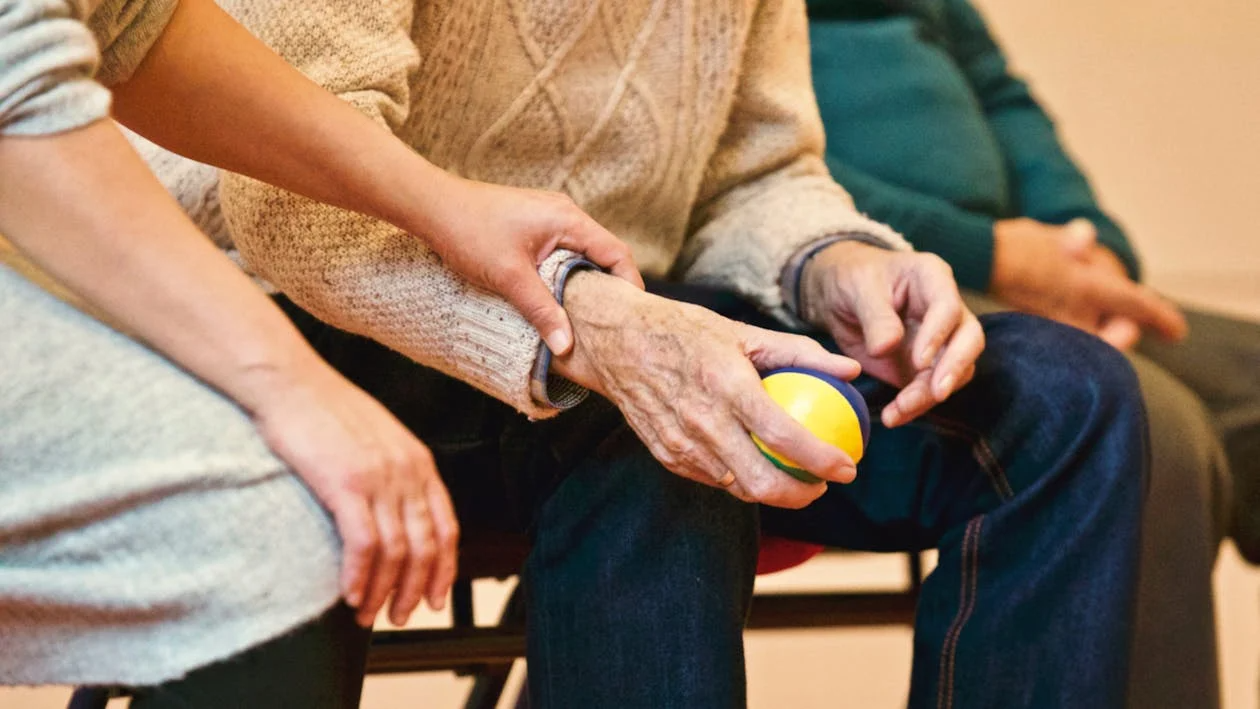There’s something magical about traveling later in life. With the hustle of work behind you and more time to explore, many seniors are embracing travel as a key part of retirement. Whether it’s visiting family across the country, finally taking that dream cruise, or just exploring a nearby town, travel can bring joy, connection, and a sense of adventure.
But let’s be honest. Traveling as an older adult comes with a few extra things to think about. From accessibility to medical needs, it helps to be prepared. That’s where tools like Life Assure come in, offering added peace of mind for seniors and their loved ones while on the go. Whether you’re hitting the road or flying overseas, safety and comfort can go hand in hand with fun.
Travel is Still for You
Aging doesn’t mean giving up the joy of discovery. In fact, more and more seniors are packing their bags and proving that travel can be just as rewarding in your 60s, 70s, or beyond. The key is planning with your needs in mind, not around them.
Start by choosing destinations that align with your pace and preferences. Cities with good public transport, walkable streets, and senior-friendly attractions can make a huge difference. Think Charleston instead of a hectic city, or a scenic rail tour through Canada rather than a jam-packed itinerary.
Accessible lodging is another must. Look for hotels with elevators, grab bars in the bathroom, and on-site dining. If you’re staying with family, give them a heads-up so they can make simple adjustments ahead of your visit.
Packing More Than Just Clothes
A little prep goes a long way when it comes to safe travel. Here are a few must-pack essentials:
- Medication & Prescriptions: Bring extra doses in case of delays and keep them in your carry-on. A printed medication list is also smart to have on hand.
- Comfortable Shoes: Blisters and sore feet can ruin a trip. Go with well-broken-in walking shoes, not something brand new.
- A Medical Alert Device: Something like a wearable alert from Life Assure or a GPS tracker for monitoring elderly individuals can be a quiet but powerful travel companion. It ensures help is always just a button away, even in unfamiliar places.
Choose Senior-Friendly Travel Options
You don’t need to rough it to have a good time. Many travel companies now cater to older adults with tours and packages designed for comfort and flexibility.
Look for itineraries that include:
- Slower travel days
- Built-in rest time
- Optional excursions
- Group leaders who understand mobility concerns
Cruises are often a great fit. You can see multiple destinations without constant packing and unpacking. Train travel is another winner, especially scenic routes like the Rocky Mountaineer or Amtrak’s Coast Starlight.
If you’re traveling independently, plan out rest stops, layovers, and backup options in case your energy dips. There’s no need to rush when you’re retired. Take your time and enjoy the view.
Financial Planning for Travel
Of course, making travel part of your retirement lifestyle often comes down to finances. Some seniors look into different options to free up extra funds, like weighing the pros and cons of a reverse mortgage as a way to support their travel goals. While it isn’t right for everyone, exploring how housing wealth fits into your retirement planning can help you budget for more adventures.
Stay Connected While Away
One of the most reassuring things for both seniors and their families is knowing that help is nearby, even while traveling.
Here’s how to stay connected:
- Use a smartphone with emergency contacts saved. Make sure your phone is fully charged and consider bringing a portable battery.
- Let someone know your travel plans. Whether it’s a neighbor, friend, or adult child, share your itinerary and check in regularly.
- Use tools like Life Assure. Having a reliable medical alert system with GPS tracking means you can travel solo without giving up peace of mind. Some even work internationally, so you’re covered during cruises or trips abroad.
Health First, Adventure Second
It’s smart to check in with your doctor before booking a trip, especially if you’re dealing with chronic conditions or recovering from surgery. A quick conversation about vaccinations, activity levels, or medication timing can set you up for a smoother experience.
Also, don’t forget to research medical services in the area you’re visiting. Knowing where the nearest hospital or urgent care clinic is located can save time and stress if something does come up.
If you’re going international, consider travel insurance that covers medical emergencies. Some providers even offer evacuation services. It might feel like over-preparing, but it can make a world of difference when you’re far from home.
One Small Bag, Lots of Confidence
You don’t need much to travel well. Seniors who’ve done it a few times know that comfort and calm are more important than packing five pairs of shoes. Here’s a quick list of extras that bring peace of mind:
- A small first aid kit
- Copies of important documents (passport, insurance, ID)
- A refillable water bottle
- A neck pillow or travel cushion
- A travel-size hand sanitizer
Comfort isn’t just physical. It’s also mental. Having these little things taken care of means more energy for enjoying the moment.
When in Doubt, Ask for Help
Whether you’re navigating the airport, checking into a hotel, or finding a seat at a restaurant, don’t hesitate to ask for assistance. Most places are more than happy to help once they know your needs.
Call ahead to request wheelchair service, reserve aisle seats on flights, or ask about accessibility features. It’s always better to ask in advance than be caught off guard on the day of your trip.

Final Thoughts: Travel Is Still Your Story to Write
Just because the years have added up doesn’t mean your adventures are over. If anything, now is the perfect time to travel your way, with ease, freedom, and a little smart planning.
From a beachside weekend to a cross-country visit with the grandkids, travel can stay a joyful part of life. With a few safety measures in place and some support from tools like Life Assure, seniors can take off with confidence no matter where the journey leads.


 By
By 





